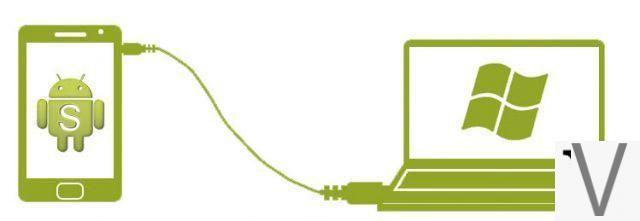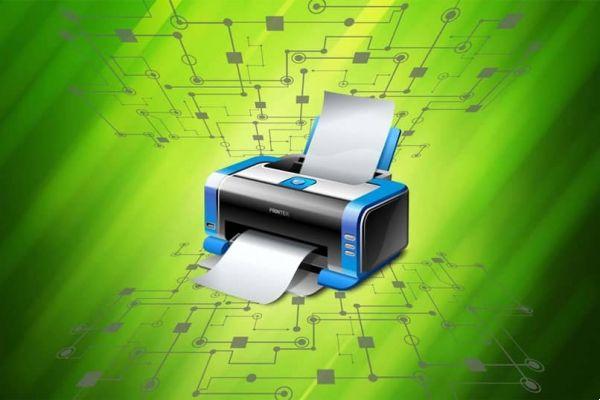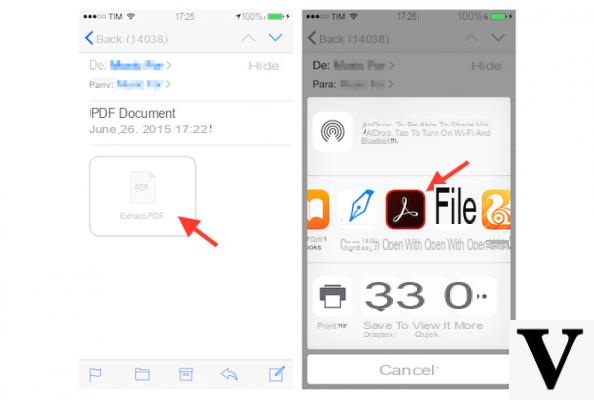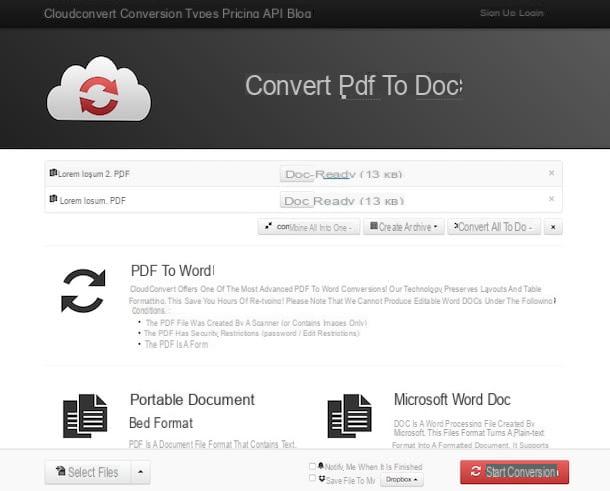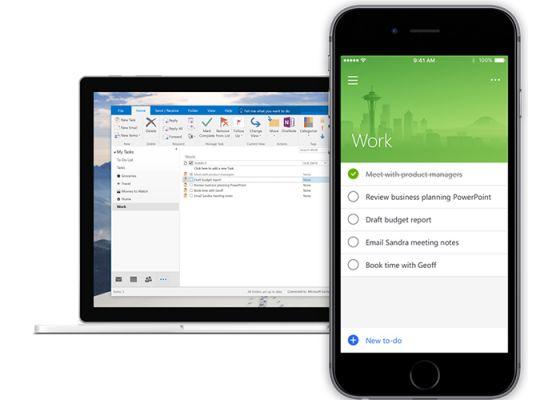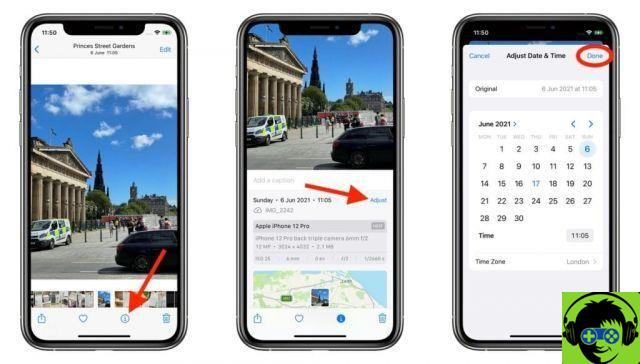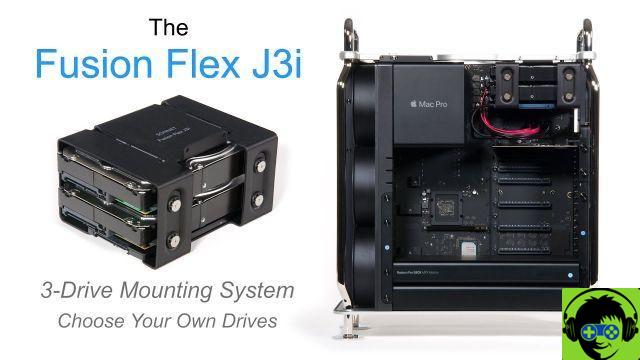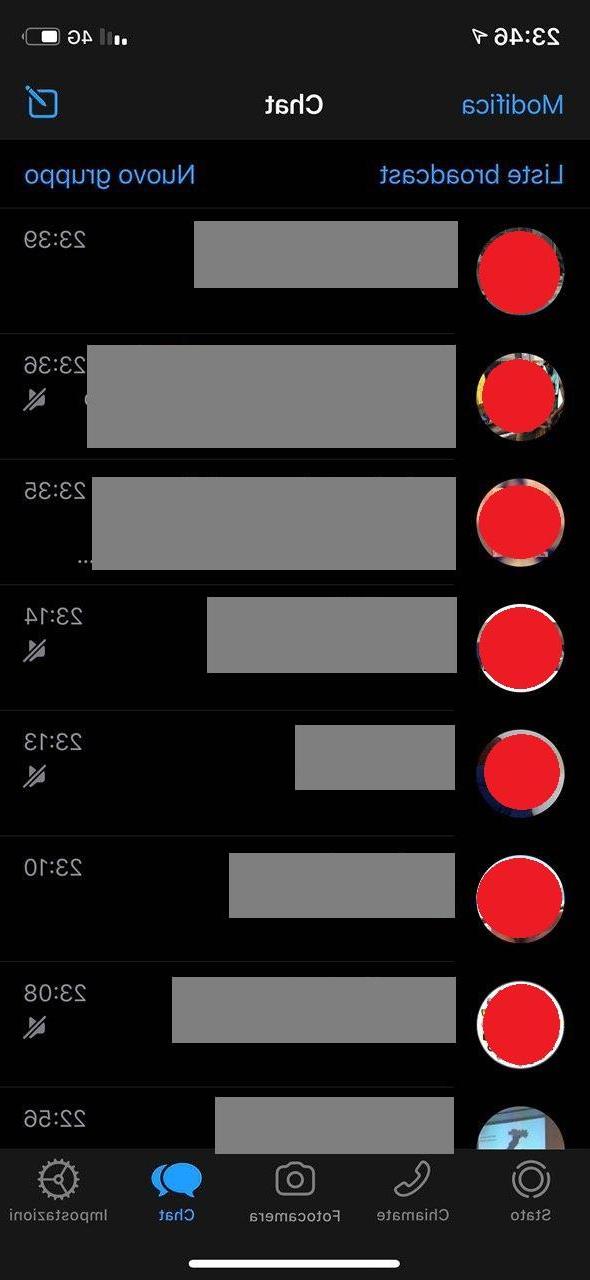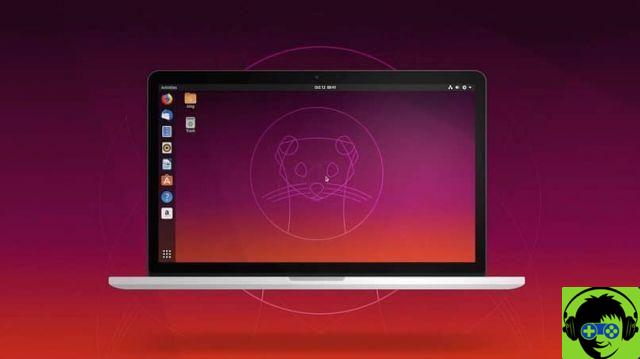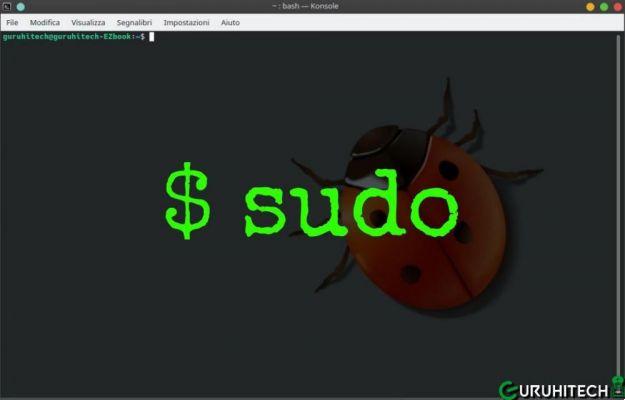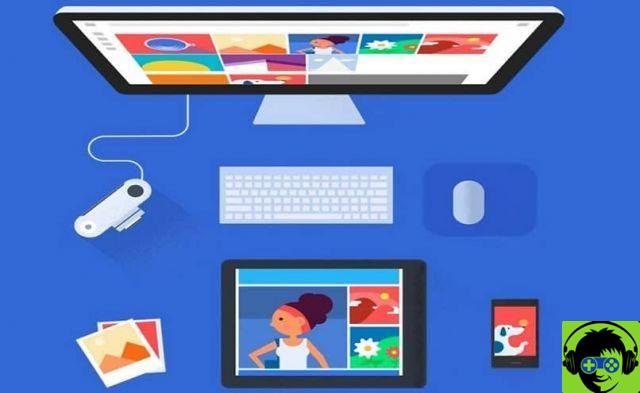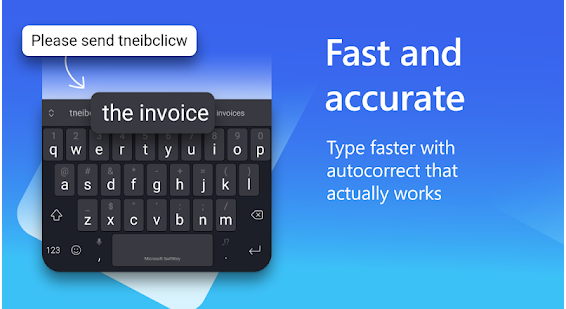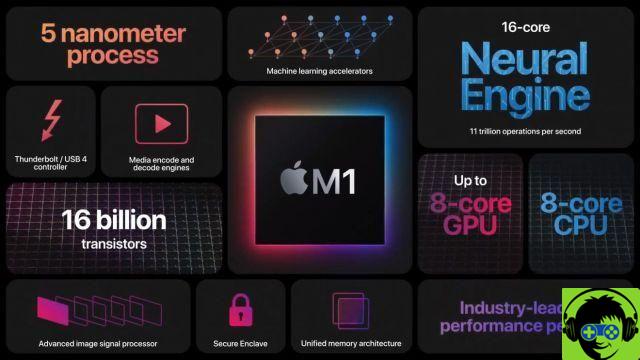
They just discovered the first malware designed specifically for Apple's M1 chip, which means malware writers already consider Apple's new platform a business area important enough to create specific code for the next generation of Macs.
Mac security researcher Patrick Wardle released a report, cited by Wired, which explains in depth how the malware began adapting and recompiling to run natively on the M1 chip.
Wardle discovered the first native malware for M1 in the form of an adware extension for Safari, originally written to run on Intel's x86 chips.
The malicious extension, called 'GoSearch22', is a well-known member of the 'Pirrit' Mac adware family and was detected in late December. Pirrit is one of the oldest and most active malware software for Mac, and is known to change constantly to evade detection, so it's not that surprising that it has started to adapt to the M1.
The GoSearch22 adware looks like a legitimate extension to the Safari browser, but it collects user data and serves a large number of advertisements in the form of banners and popups, including links to malicious web pages that install more malware. Wardle says the adware was signed with an Apple Developer ID in November to further mask its malicious content, but that ID has already been revoked (i.e., if you try to install it, you'll get the message that it's from an unknown developer) .
Wardle notes that since M1 malware is in its infancy, virus scanners don't detect it as easily as x86 versions, and defensive tools like virus engines have problems processing the correct files. The signatures used to detect malware threats on the M1 chip have not yet been thoroughly researched, so there are no security tools to detect and remove them.
Researchers from security firm Red Canary told Wired that other types of malware native to M1, other than Wardle's findings, were also found and analyzed.
At the moment, the M1 chip is only present in the MacBook Pro, MacBook Air and Mac mini, but for the whole year the family is expected to expand to other lines and in two years all Apple computers will have integrated their own proprietary systems on chip.
As always, we can only remember the basic guide to computer survival: install only the software you really need and, if you need to install it, do it from a page that deserves your trust. If you get unexpected windows asking you to install something on your computer, deny permission and get out of there as soon as possible.





![[Solved] Headphones connected to PC but audio coming out of the Speakers? -](/images/posts/ef3c1bf530218782f3bf61ff7d2e07d1-0.jpg)

